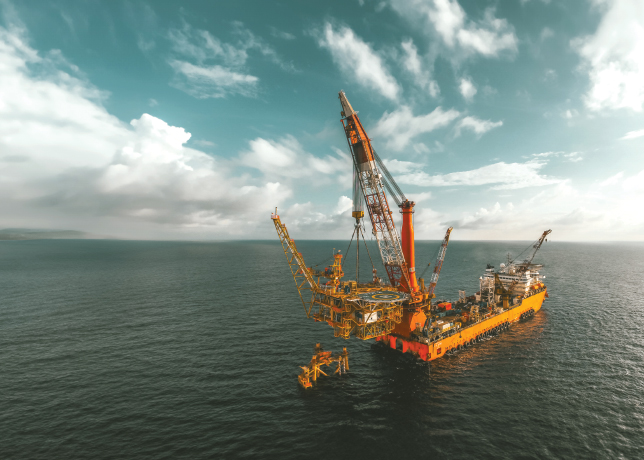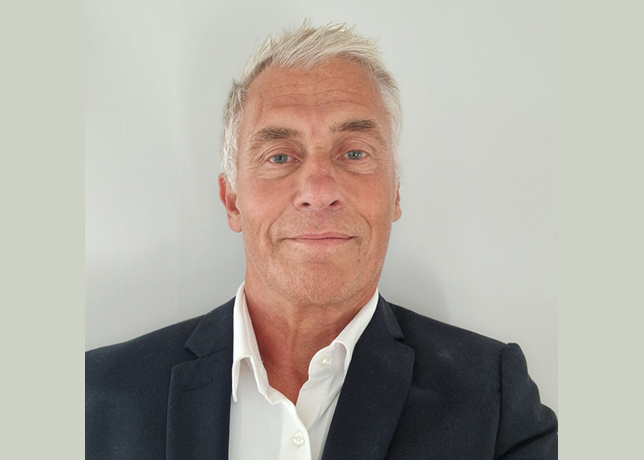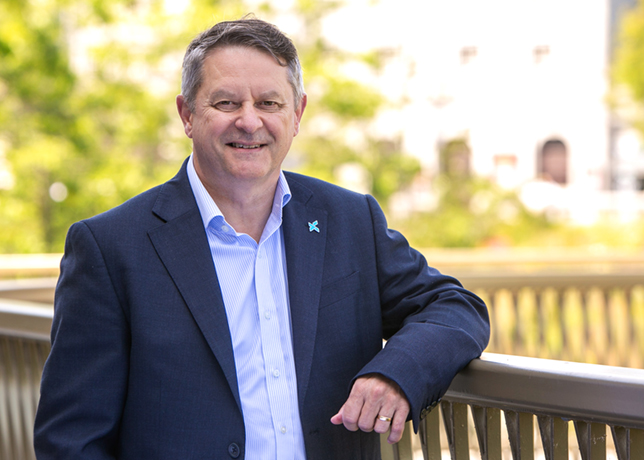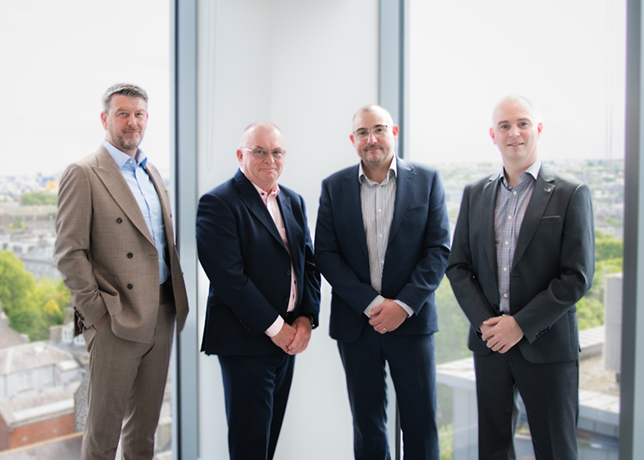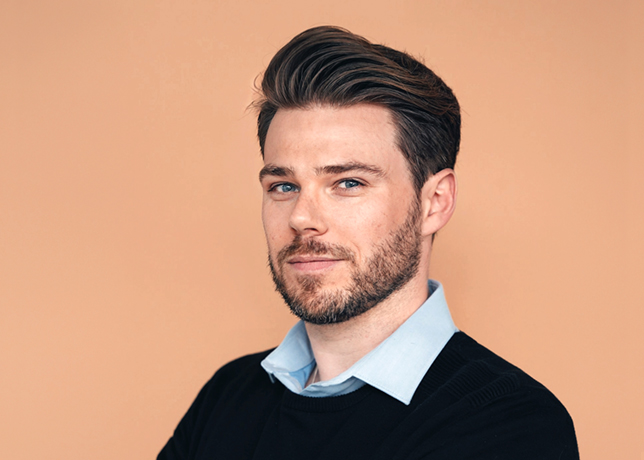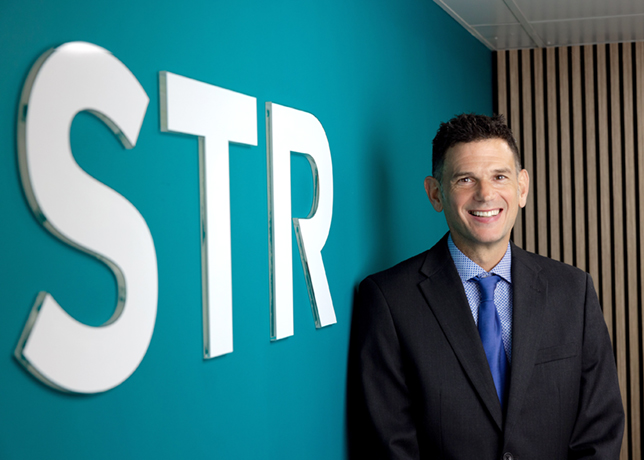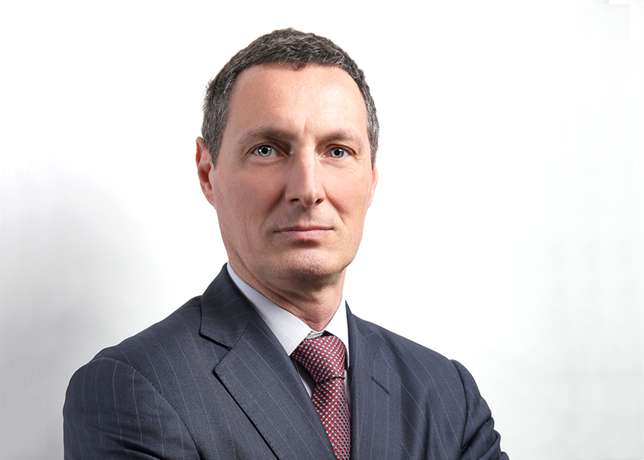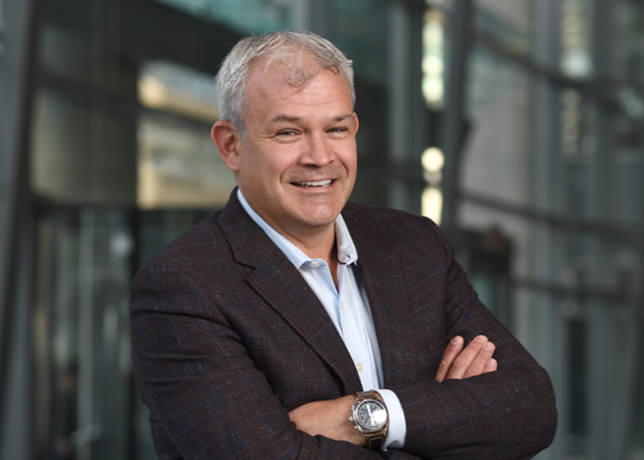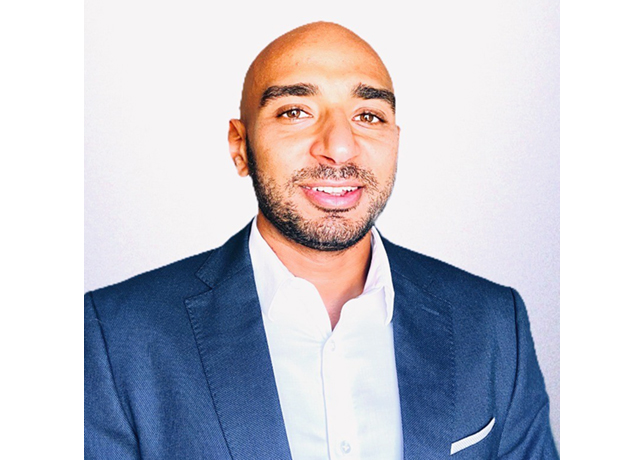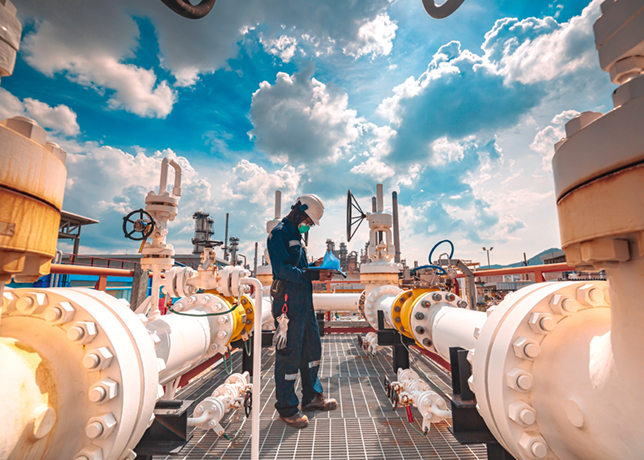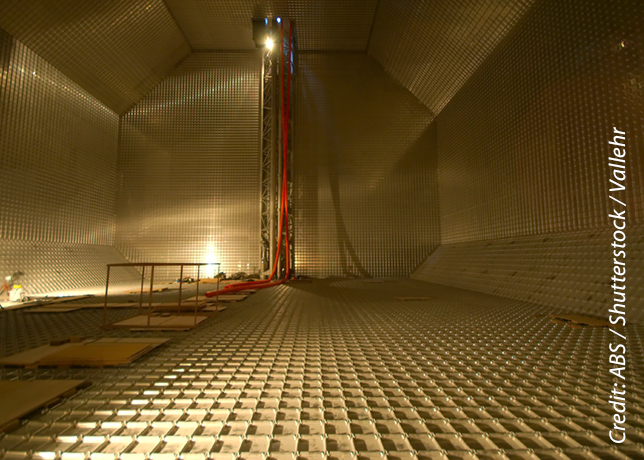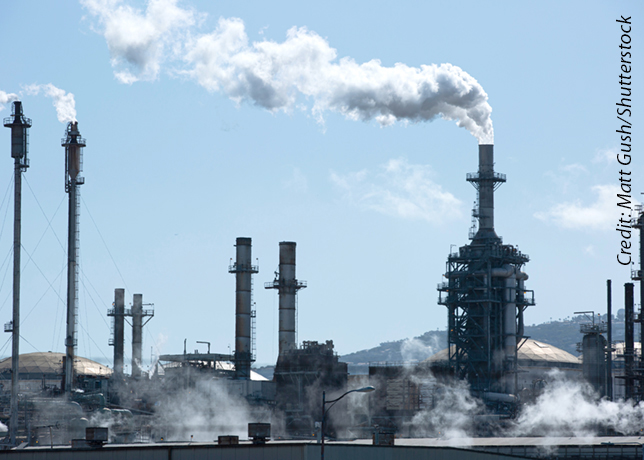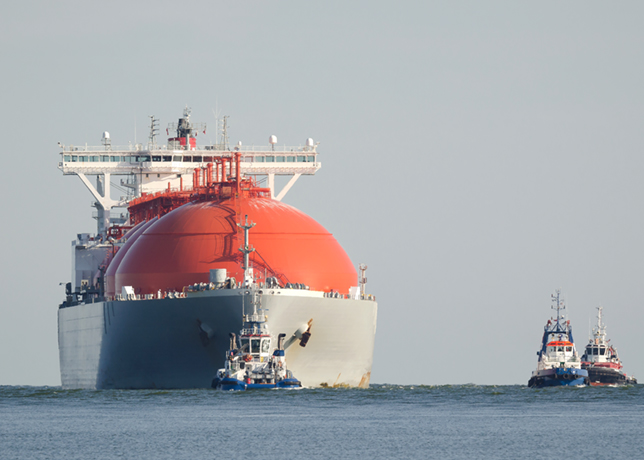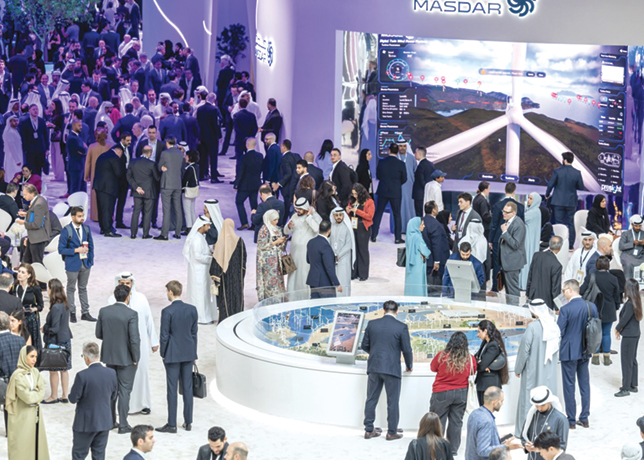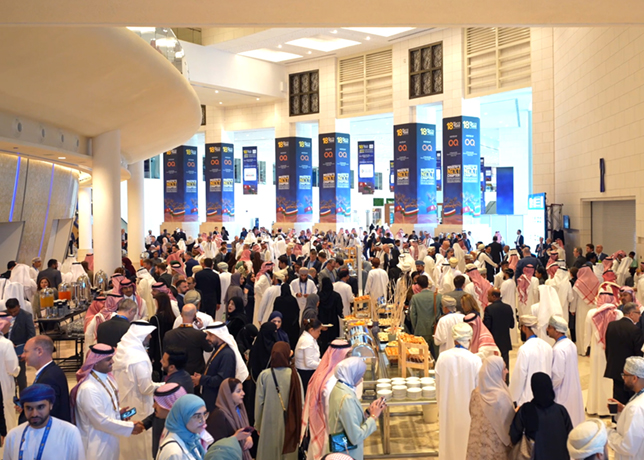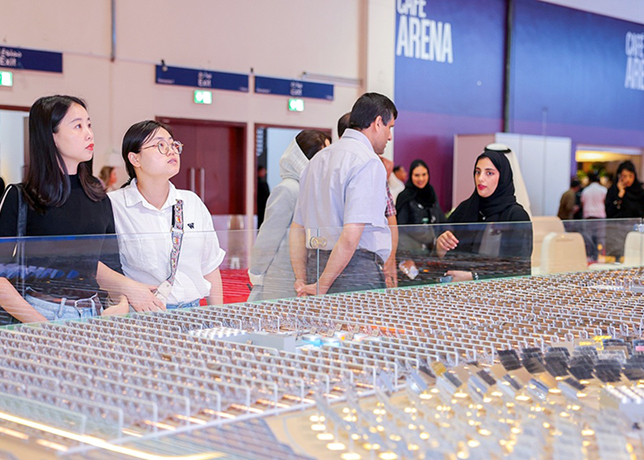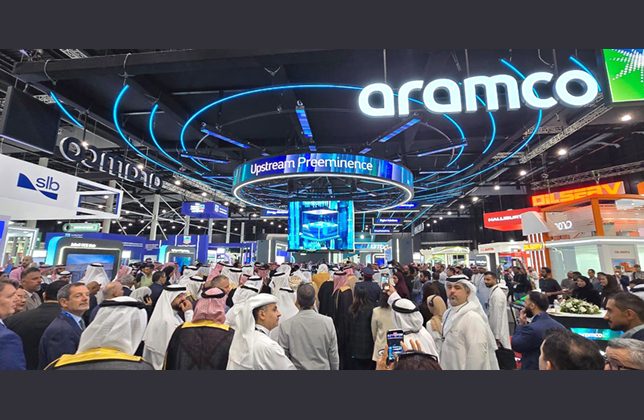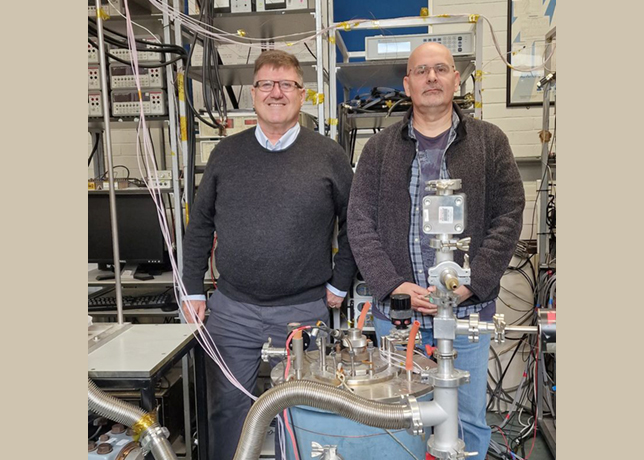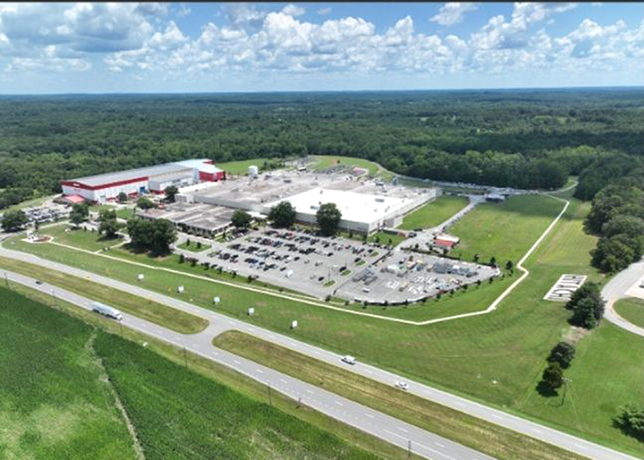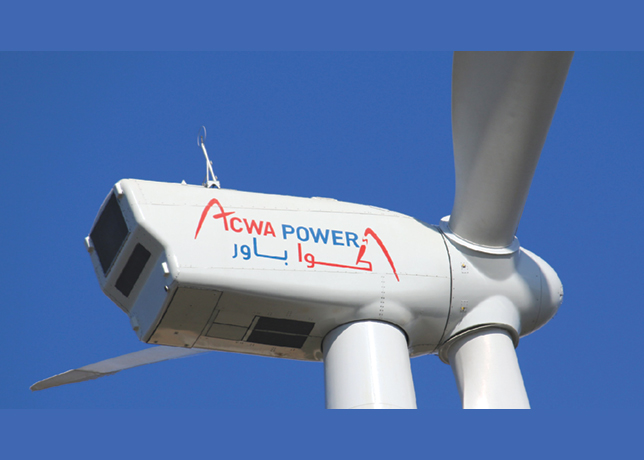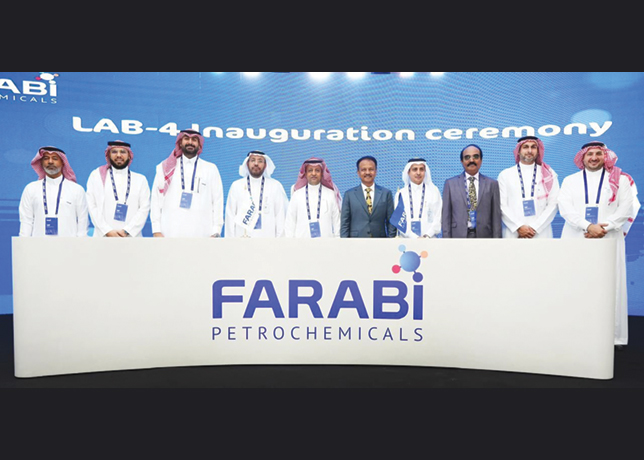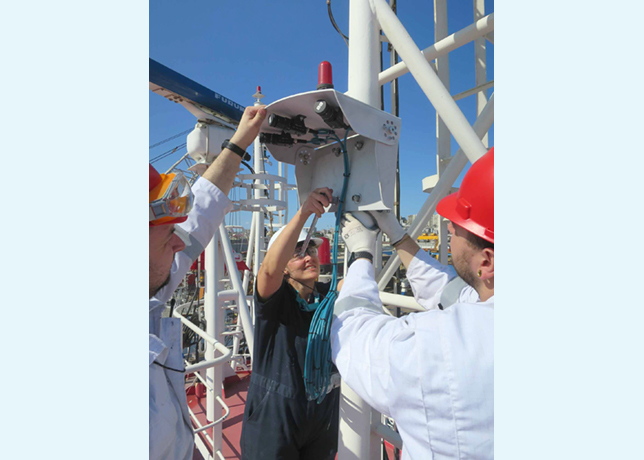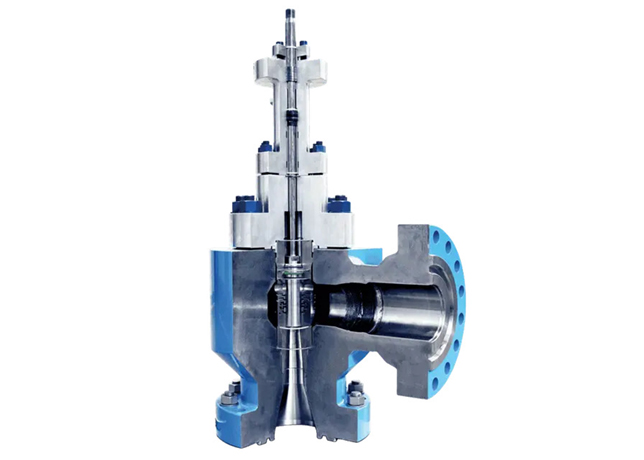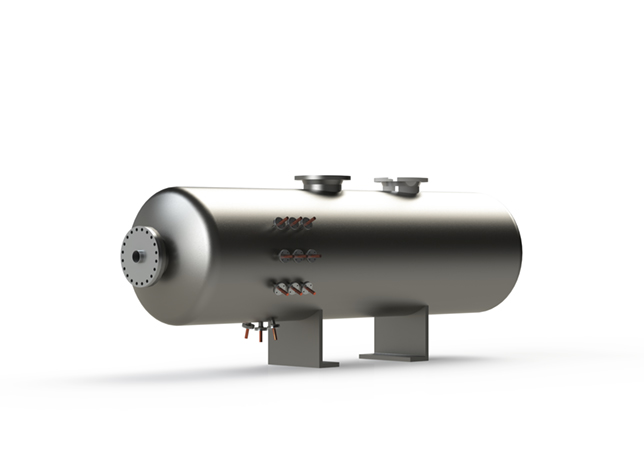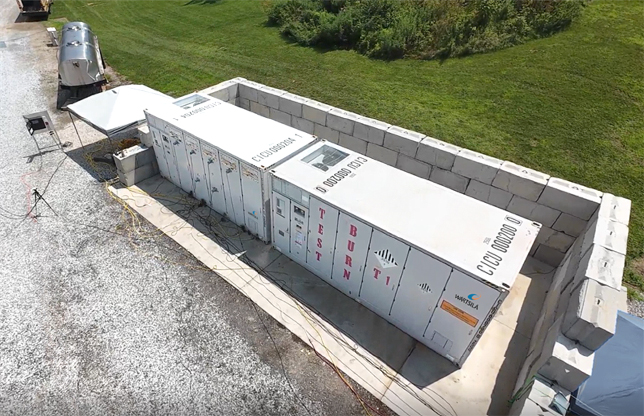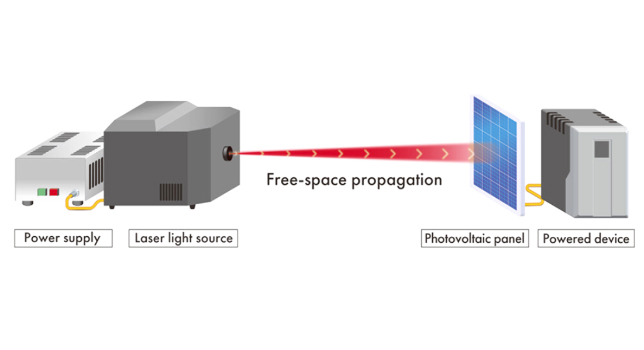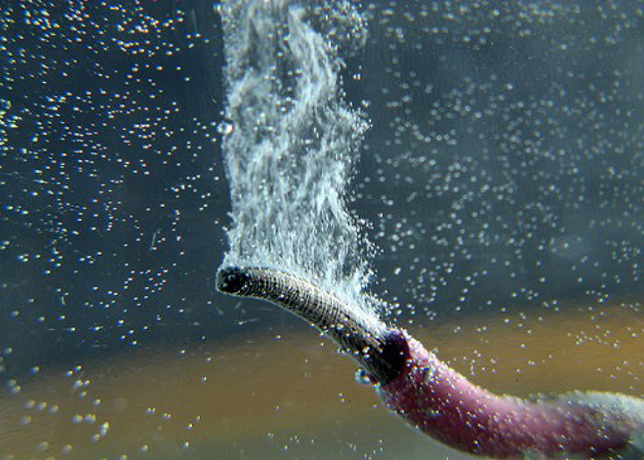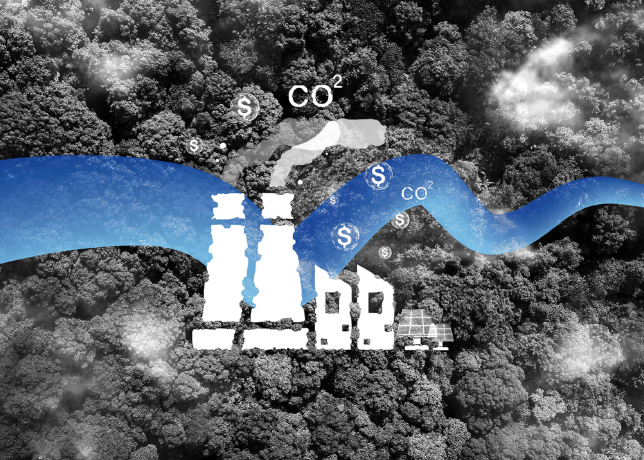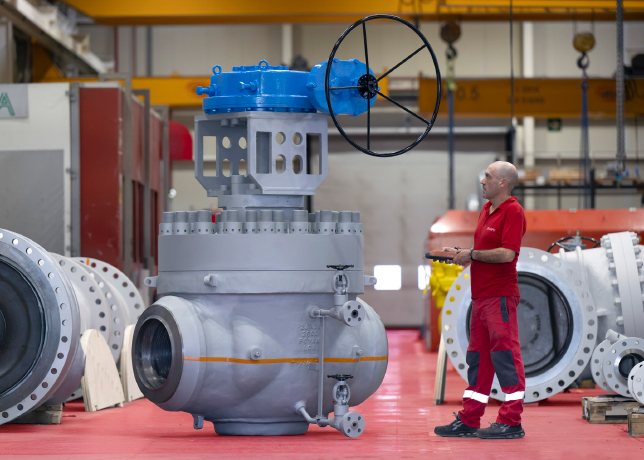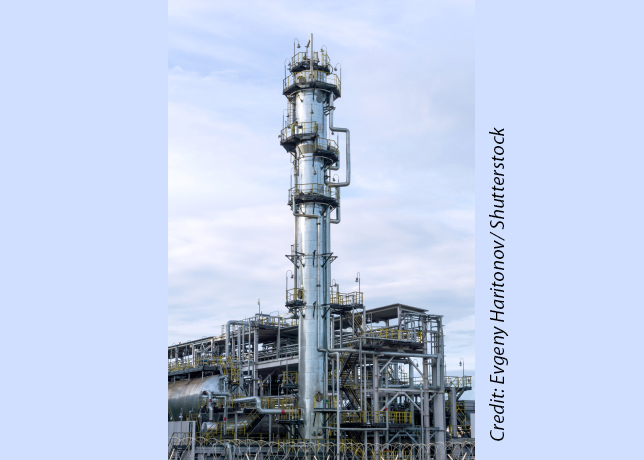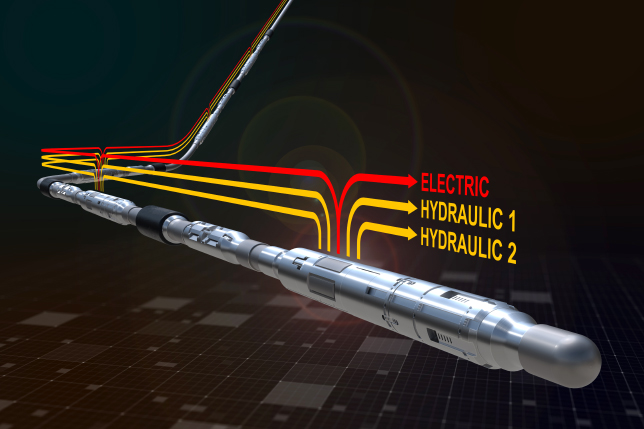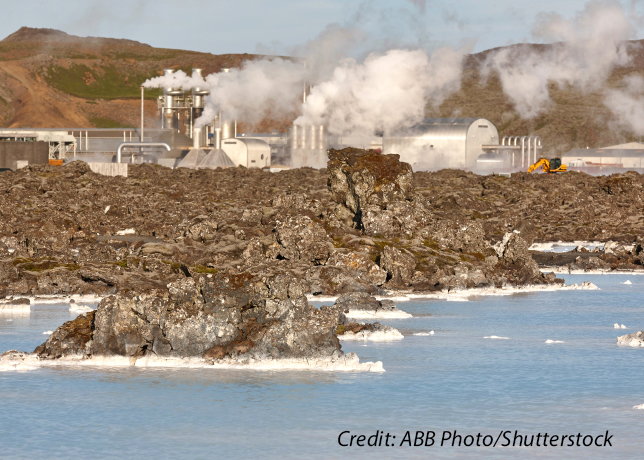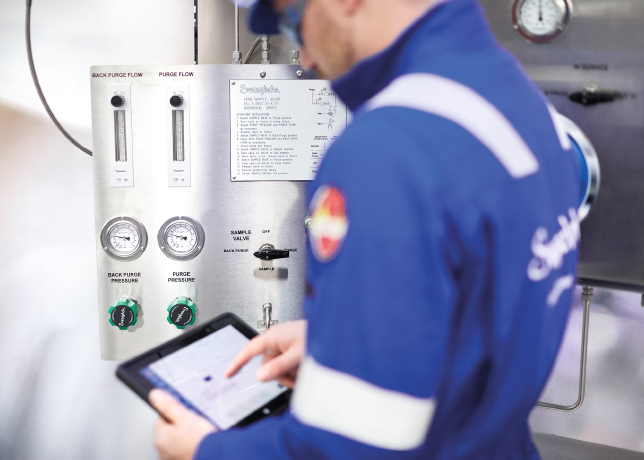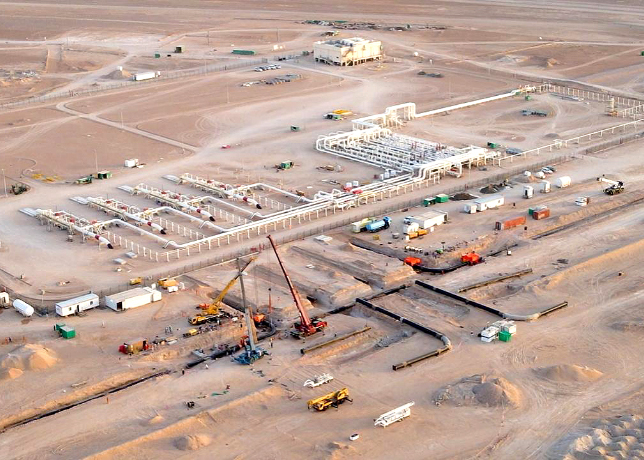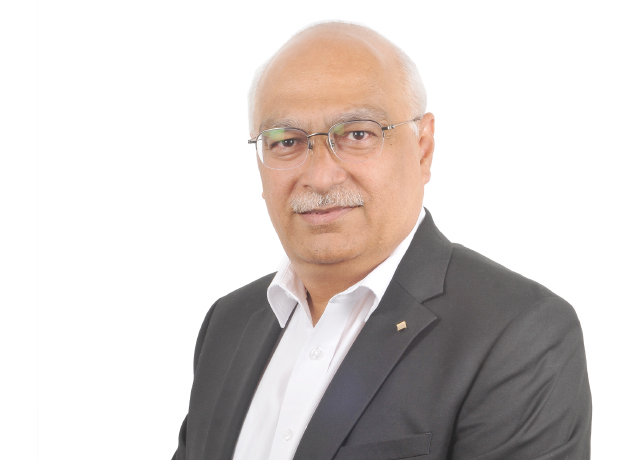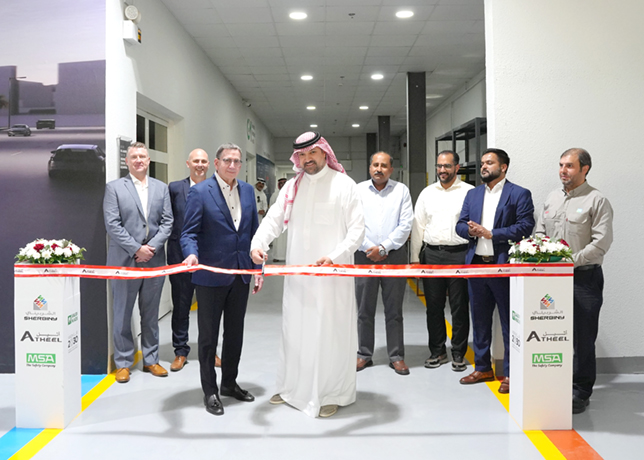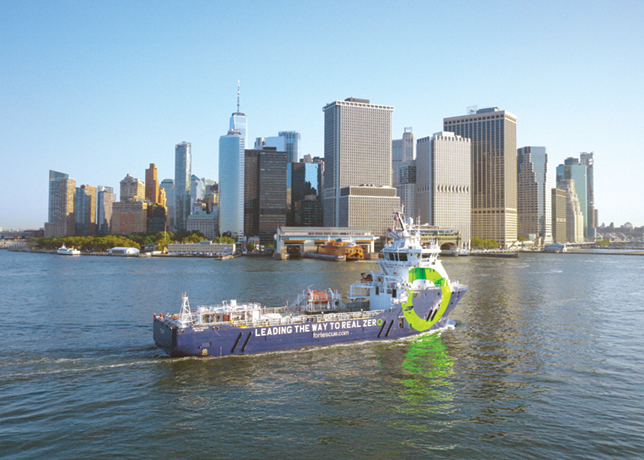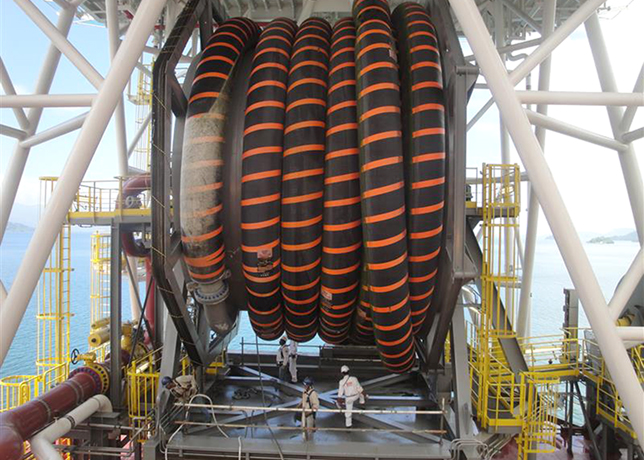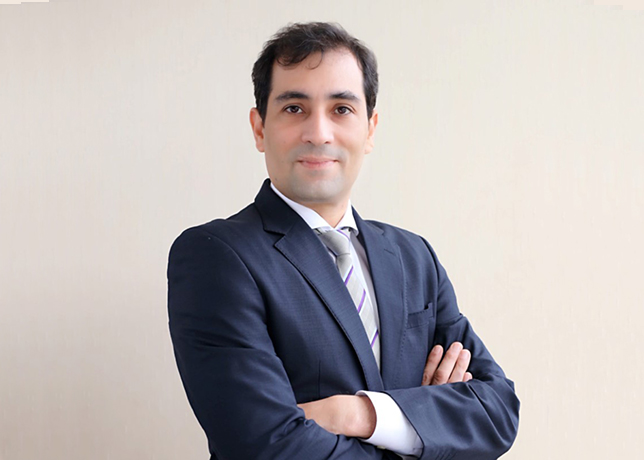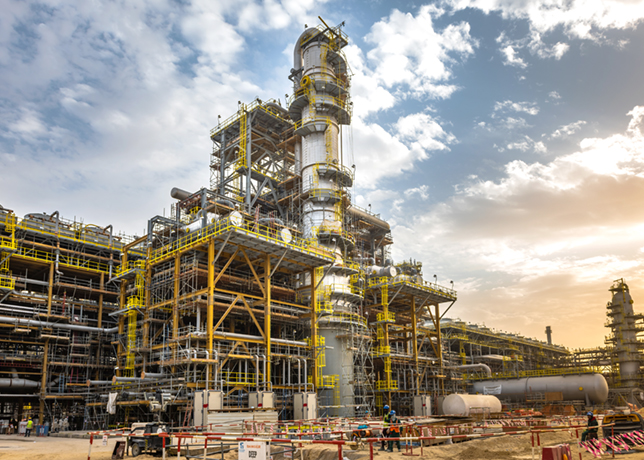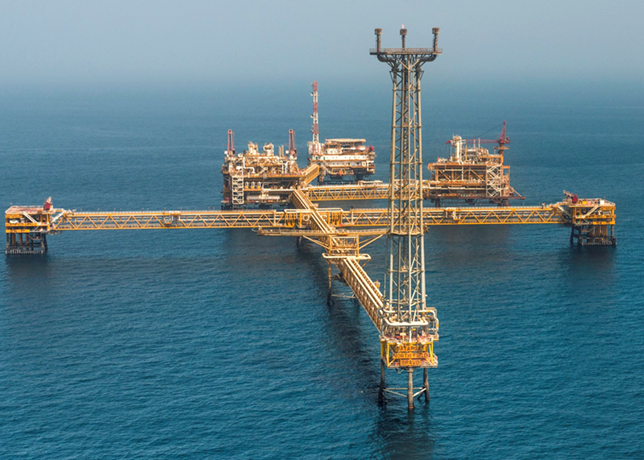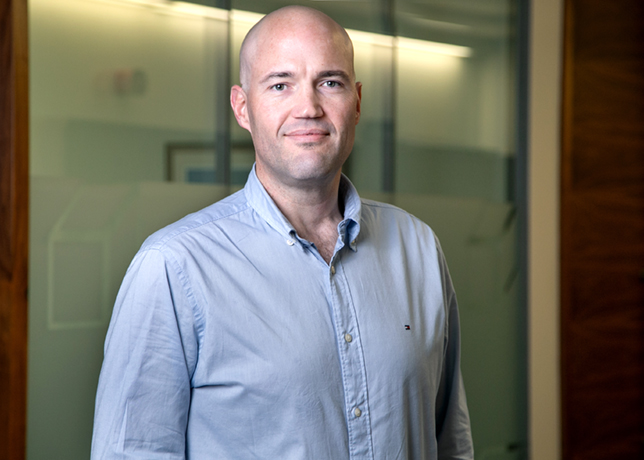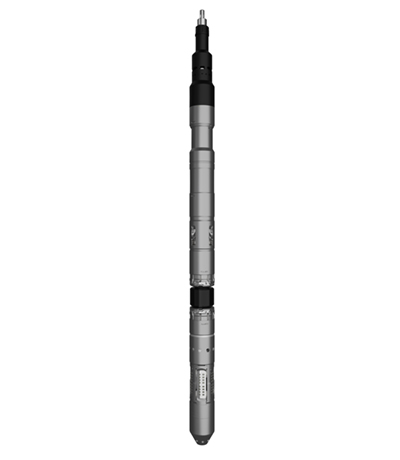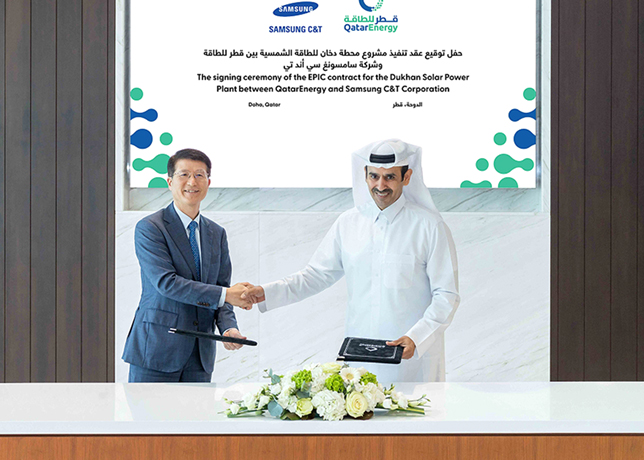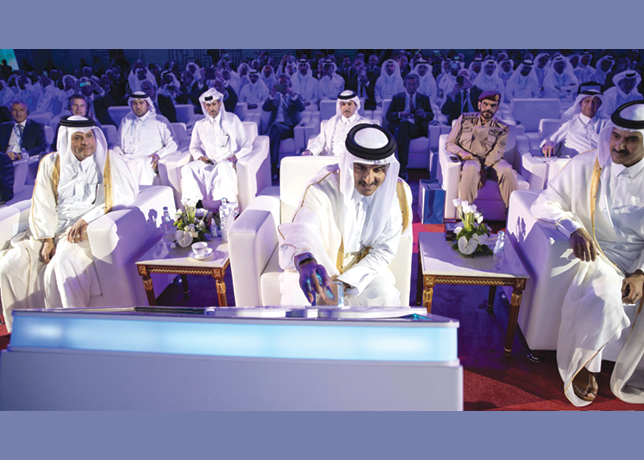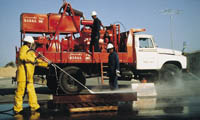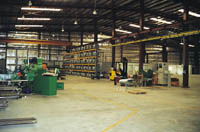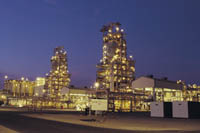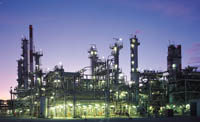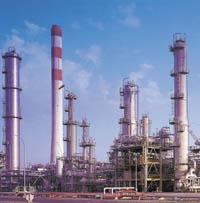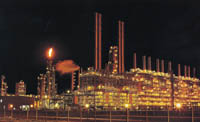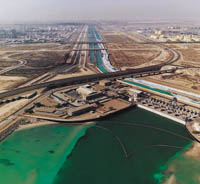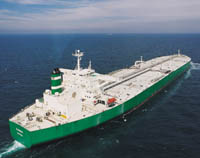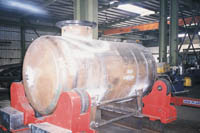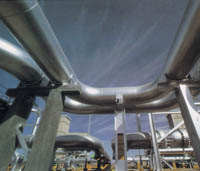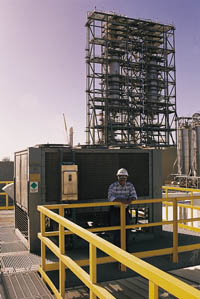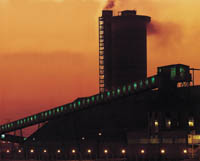

MUCH OF the development which has taken place in Jubail and Yanbu over the years has been put down to intensive planning, foresight and the presence of huge hydrocarbon reserves.
The Kingdom has, since the idea of the twin cities being turned into industrial centres, always been able to draw on cheap, reliable sources of feedstock to power the country forward.
Gas has gained increased importance in the country's energy mix in recent years, with Saudi Aramco playing a leading part in the increased use of associated gas.
The company set up plans for a Master Gas System (MGS) in 1975, whereby previously-flared associated gas would be gathered and used as feedstock for industry. By the early 1980s, the system had come to fruition.
Today, the MGS is still undergoing massive expansions to meet growing gas demand in the Kingdom.
Start-up of gas plants at Hawiyah and Haradh will boost supplies to the MGS to almost seven billion cu ft per day by 2003.
The Hawiyah gas facility, slated to come onstream in December, is more than three-quarters complete, according to Saudi Aramco.
The plant will produce 1.4 billion cu ft per day of sales gas from the deep Khuff and Jauf reservoirs. It will also extract 170,000 barrels per day of condensate and 1,000 tonnes per day of sulphur from the gas.
Site preparation has begun at the Haradh plant, scheduled to go onstream in December 2003. Haradh is designed to process 1.6 billion cu ft per day of associated and non-associated gas from the Ghawar field and deep Khuff gas wells.
Saudi Aramco's role in the success of Jubail and Yanbu is not limited to the provision of oil and gas, however.
The company operates important industrial installations, including three oil refineries, a lube oil plant, an NGL fractionation plant, storage and shipping terminals for crude or NGL products, and a sulphur prilling facility.
The gas sector, however, remains the flavour of the moment and is set to get an even bigger boost following Riyadh's recent awards of contracts to a number of major international oil companies (IOCs).
A consortium comprising Exxon Mobil Corp., Royal Dutch/Shell Group, BP Amoco PLC and Phillips Petroleum Co. have been awarded a project to develop South Ghawar, called Core Venture 1, with an estimated investment value of between $15 billion and $17 billion.
This venture encompasses a large exploration area, two petrochemical plants, two gas-fired power plants, two desalination units, one ''straddle'' plant, a fractionation unit, and gas pipelines from South Ghawar to the Red Sea.
ExxonMobil also secured leadership of Core Venture 2, a Red Sea-based project, with joint bidders Occidental Petroleum Corp. and Enron Corp. also getting an unspecified stake.
Core Venture 3, the Shaybah project, was awarded to a consortium of Shell, TotalFinaElf and Conoco Inc. This venture encompasses exploration blocks South of the Rub Al Khali, development of the Kidan gasfield, recycling of gas from the Shaybah field, construction of pipelines to move gas from Shaybah to the Haradh and Hawiyah gas treatment plants, and construction of a petrochemical plant in Jubail as well as a power plant and a desalination plant at as-yet-undetermined sites.
The awards are the start of a long process in which the Kingdom must still work out details of project developments, financing arrangements, pricing and involvement of the various Saudi players.
Each core venture will involve gas enhancement, pipelines and petrochemical, power and water projects.
A number of issues will need to be discussed, however.
Firstly, the names of the leaders of two of the core ventures are expected to be announced imminently.
Secondly, some companies are said to be considering asking for guarantees from, for example, Saudi Aramco if expected gas reserves are not forthcoming after exploration.
State oil company Saudi Aramco will, according to reports, hold equity in the projects and oversee them.
For ExxonMobil, the hard work is only just beginning.
''I think people need to understand that there are some tough issues given the immensity of the projects. There are so many potential interfaces with the Saudi economy that there will be some tough decisions,'' chief executive Lee Raymond said recently.
ExxonMobil's Red Sea venture is a large exploration project, a huge area in the western third of the Kingdom.
Raymond sees drilling starting in a ''couple of years.''
In addition to exploration, the Red Sea venture includes involvement in power and desalination facilities, and construction of a petrochemical plant.
The selection of the IOCs comes more than two years after Saudi Crown prince Abdullah invited the companies to invest in the Kingdom. While the country's oil reserves are off-limits in this latest exercise, some analysts nevertheless see the initiative as a way for the companies to get their foot in the door.
Raymond, however, said that Exxon Mobil's success in securing a role in Saudi Arabia's gas sector has not done much to bring it closer to the ultimate prize of renewed access vast oil reserves.
''We have not tried to delude ourselves into thinking that it (oil) is part of this,'' he said
''I think a couple of companies that tried to test that thesis early on - we never did because frankly I took Crown Prince Abdullah, who I've known a long time, at his word. When he said this is not about oil I said, 'Okay, it's not about oil'.''
He anticipated close coordination with state oil company Saudi Aramco on the ventures, even though Exxon was not aware of Aramco holding any equity in the projects.
''The South Ghawar project is right in the heart of Aramco country,'' he said. ''I would expect there will have to be very close co-ordination because there will undoubtedly be joint facilities and all kinds of logistical and technical issues.''




